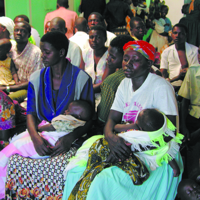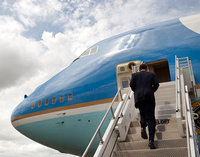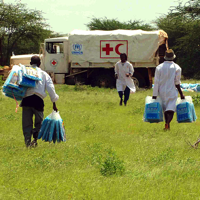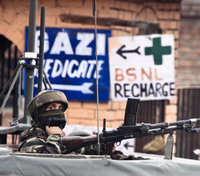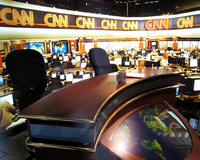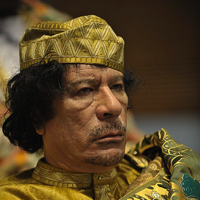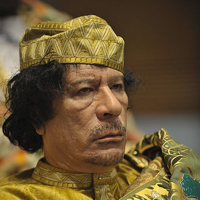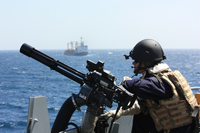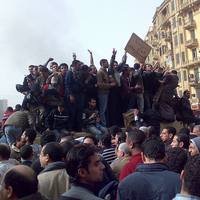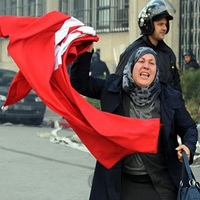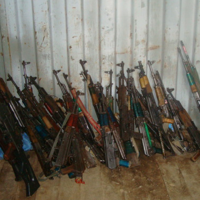
Editor’s note: This is the third of a five-part series examining security and development aid in East Africa. Part I provided an overview of the challenges facing East Africa. Part II examined the overlap between public health and security challenges. Part III examines the overlap between small arms trafficking and WMD nonproliferation. Part IV will examine the overlap between counterterrorism and efforts to contain criminal violence. Part V will provide success stories for the security-development model and discuss next steps. Former U.N. Secretary-General Kofi Annan famously called small arms and light weapons (SALW) “the weapons of choice for the killers […]

